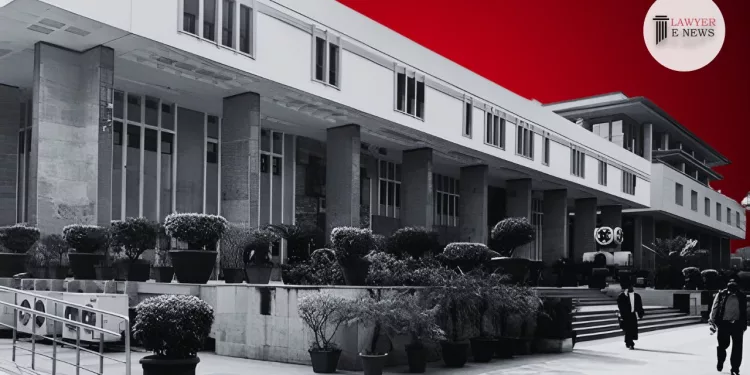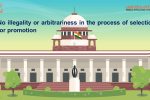ITAT’s Deletion of Additions: ‘Assessment Cannot Be Based Solely on Statements: Delhi High Court

In a significant judgment, the Delhi High Court has dismissed the appeals filed by the Income Tax Department against Pavitra Realcon Pvt. Ltd., upholding the decision of the Income Tax Appellate Tribunal (ITAT). The case revolved around the validity of assessment orders made under Sections 143(3) and 153C of the Income Tax Act, 1961, based on alleged unaccounted income disclosed during a search operation. The court underscored the importance of corroborative evidence and the principles of natural justice, particularly the right to cross-examination.
Credibility of Statements and Corroborative Evidence: The court observed that statements recorded under Section 132(4) of the Income Tax Act, while having evidentiary value, cannot alone substantiate an assessment without corroborative evidence. “Merely on the basis of admissions made by the assessee during search operations, additions cannot be sustained in the absence of corroborative material,” the bench noted, referring to precedents in Kailashben Manharlal Chokshi v. CIT and CIT v. Harjeev Aggarwal.
Right to Cross-Examination: Highlighting the principles of natural justice, the court emphasized that the failure to provide the opportunity for cross-examination of key witnesses invalidates the assessment. “Not allowing the assessee to cross-examine the witnesses by the adjudicating authority is a serious flaw which makes the order nullity,” the bench cited from the Supreme Court’s ruling in Andaman Timber Industries v. CCE.
The bench, comprising Justices Yashwant Varma and Purushaindra Kumar Kaurav, reiterated that assessments under Section 153C must be based on tangible evidence discovered during search operations and not merely on statements or assumptions. The court emphasized the necessity of a satisfaction note demonstrating the relevance and incriminating nature of the seized material related to the assessee.
Justice Purushaindra Kumar Kaurav remarked, “The assessment cannot be sustained merely on the basis of statements recorded during the search without corroborative evidence. The principles of natural justice demand that the assessee should have a reasonable opportunity to present their case, which includes the right to cross-examination.”
The dismissal of the appeals by the Delhi High Court reaffirms the judiciary’s commitment to upholding the principles of natural justice in tax assessments. The judgment underscores the necessity of corroborative evidence and the right to cross-examination, setting a precedent for future cases. By validating ITAT’s findings, the court has reinforced the legal framework ensuring fair and just tax proceedings.
Date of Decision: May 29, 2024
Principal Commissioner of Income Tax (Central)-3 vs. Pavitra Realcon Pvt. Ltd.






